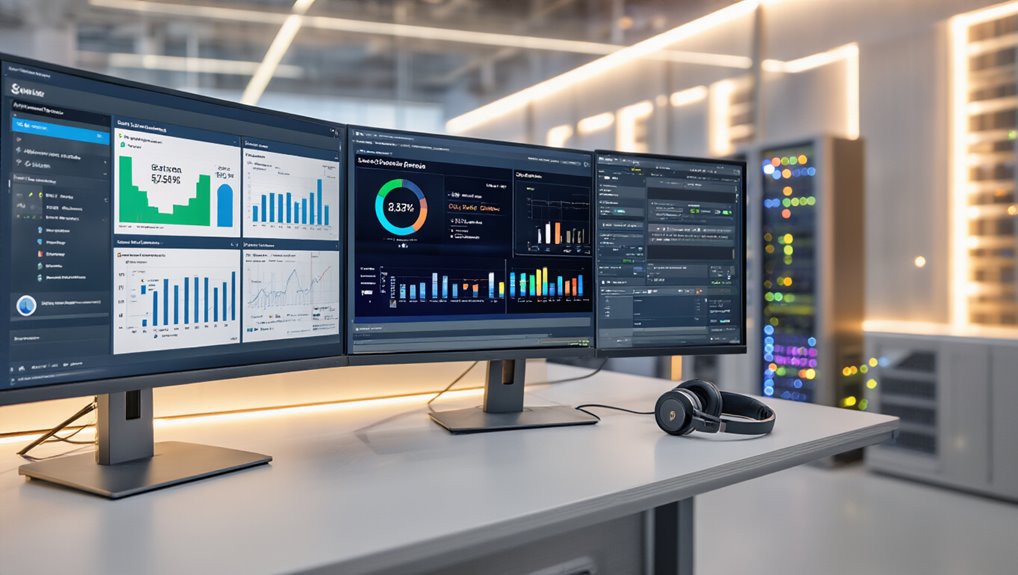The adoption of artificial intelligence across global enterprises marks a pivotal shift in how organizations approach digital transformation. Recent data shows 78% of organizations now use AI in at least one business function, with adoption surging from 55% in just one year. This rapid change from experimentation to operational necessity has become evident as companies deploy AI across multiple functions, averaging three areas per organization.
Generative AI, in particular, has seen remarkable growth, with 71% of organizations now using it regularly, up from 65% earlier this year. The AI user base has expanded dramatically, now reaching approximately 378 million users worldwide. The competitive landscape has made AI integration non-negotiable. While 92% of companies plan to increase AI investment, only 1% have achieved full operational integration.
The AI revolution is upon us, yet the journey from investment to integration remains the greatest enterprise challenge.
Organizations with mature AI strategies demonstrate clear advantages through streamlined decision-making, automated workflows, and unified data across business units. Early adopters in healthcare are using AI to accelerate clinical trials and reduce time to market, creating substantial competitive advantages.
Industry-specific AI applications continue to evolve rapidly:
- Healthcare: AI image reading, EHR interoperability, administrative automation
- Financial services: Fraud detection, compliance, open banking APIs
- Retail: Edge AI cameras, dynamic pricing, AI-powered loyalty apps
- Manufacturing: GenAI bots, predictive digital twins, cloud compliance platforms
The economic impact of AI integration is increasingly measurable. Modern data stack adopters achieve 70% faster query performance and 50% lower total cost of ownership. AI agents reduce modernization timelines by 50% and cut delivery costs by 40%. Companies implementing RPA 2.0 with AI integration are seeing 200% ROI within the first year of deployment. Organizations that strategically outsource their AI implementation can realize cost savings of 70-90% compared to building in-house capabilities.
However, regional disparities remain significant, with Asia-Pacific achieving 45% GenAI adoption while European companies spend 40% less on AI than US counterparts.
You must recognize that AI is no longer a supplementary technology but the foundation of digital transformation. With 90% of new enterprise apps expected to incorporate AI by 2025, organizations that fail to prioritize AI integration risk falling behind in efficiency, innovation, and ultimately, market relevance.
The message is clear: Enterprise AI has moved from optional to essential for tomorrow’s digital success.









